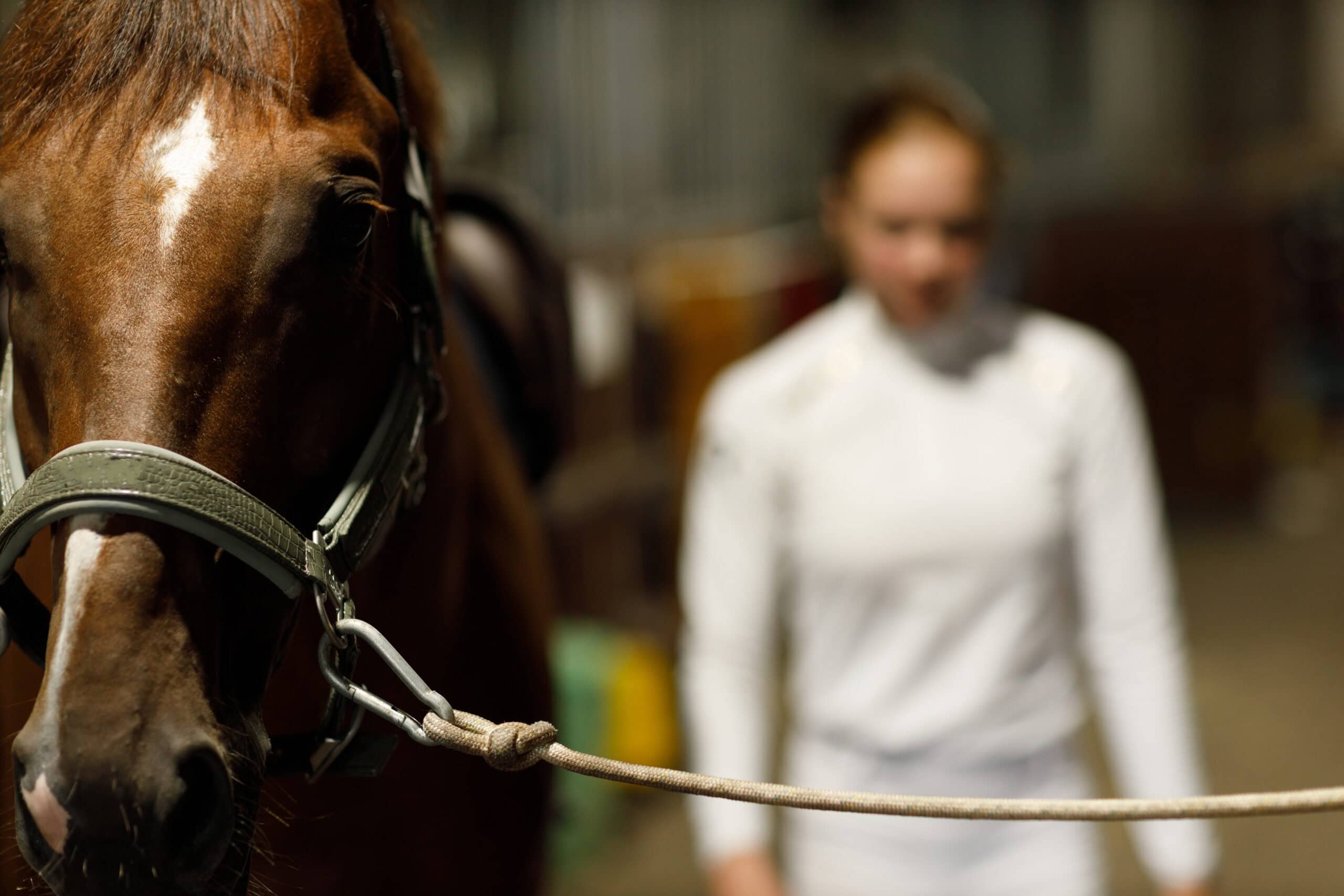How Good Is Your Equine Purchase Contract?
If issues arise with your new horse, your purchase contract could determine some of your rights. A well-written and detailed contract is key.


By Rachel Kosmal McCart
Every week, Equine Legal Solutions receives numerous inquiries from dissatisfied horse purchasers who want to know their rights. Inquiries range from situations of plain old-fashioned buyer’s remorse to outright fraud committed by the seller. When ELS reviews the situation, we usually find the buyer and seller did not have a written contract. In other cases, there was a contract, but it was poorly written and not detailed enough.
Here are some common problems with horse purchases and illustrations of how a detailed contract can help the purchaser.
Full Disclosure
Horse sellers often employ a “if they don’t ask, don’t tell” philosophy — if you don’t ask them the right question, you won’t get the right answer. They figure if they tell, the horse won’t sell. Horse sales are generally “as is” with no warranty, unless you have a written agreement stating otherwise or unless the seller has made specific representations. In the vast majority of cases ELS sees, any specific representations the seller has made were verbal and, therefore, extremely difficult to prove.
Each of ELS’ purchase agreements ask the seller to represent that the horse has no history of health, soundness or behavioral issues, except as the seller might write on the form. The “history” part is important — a horse that might be sound, healthy or well-behaved today but might have previous issues that would impact his future performance. The agreement also asks the seller to represent that they believe the horse is suitable for the buyer’s specific intended use.
When a horse goes lame or develops a health condition, it is frequently difficult to prove the condition was preexisting, especially if a veterinarian did not detect the problem during a prepurchase examination. Frequently, the seller’s veterinary records can help prove a condition was preexisting, but most states have laws that prohibit disclosing veterinary records to anyone other than the person who ordered the treatment. To address this problem, each of ELS’ purchase agreements have the seller represent that they have provided the buyer with a copy of all the horse’s veterinary records. The agreement also has the seller provide consent for the buyer to obtain records from any veterinarian who has treated the horse during the time the seller has owned it.
Do I Get My Deposit Back?
Frequently, horse purchasers put down a deposit intended to show their intent to buy the horse. Payment of the remainder of the purchase price is frequently conditioned upon the outcome of a prepurchase veterinary exam or a trial period. In many cases, the purchaser decides not to complete the purchase, often for very good reasons. However, the seller might be reluctant to refund the deposit. A good purchase contract must specify the circumstances under which the seller must refund your deposit and the circumstances under which the seller gets to keep your deposit.
If your purchase is contingent upon the outcome of a vet check, your agreement should be very specific about what that means. Most veterinarians will not “pass” or “fail” a horse during a prepurchase exam — they simply inform you of the horse’s current health and soundness, and the decision on whether to pass on the horse is up to you. Therefore, many buyers and sellers argue about whether a horse has failed a vet check. ELS’ Purchase Agreement Subject to Vet Check specifies that the buyer can choose whether to purchase the horse within a certain amount of time following the vet check, thus avoiding any arguments about the outcome of the vet check.
Likewise, if your purchase is contingent upon the outcome of a trial period, your agreement should be very specific about the terms of the trial, particularly the allocation of risk. What happens if the horse goes lame during the trial period or you decide he’s unsuitable and want to return him? ELS’ purchase agreement spells out the conditions of the trial, down to who is responsible for returning the horse to the seller if the sale is not completed.
What if Something Happens to the Horse?
Your purchase agreement should clearly state who bears the risk of loss of or damage to the horse, particularly when the sale is not a one-day cash and carry transaction. Each of ELS’ purchase agreements specifically allocates the risks between the purchaser and the seller.
The Seller’s Return Policy
Although accepting a return on a horse sale is fairly rare, some horse sellers do offer a right of return. That right is typically very limited and might involve the buyer accepting another horse from the seller rather than a cash refund. Your purchase agreement should clearly spell out any right of return you might have.
Venue: Where Can You Sue?
In the modern era of interstate and even international horse sales, your purchase contract should specify what states’ law will apply and where the parties must bring a claim. Otherwise, you might be forced to bring suit against a seller in a distant state or even a foreign country.
Share this article

Written by: Rachel Kosmal McCart
Rachel Kosmal McCart is a lifelong horsewoman and the founder of Equine Legal Solutions, PC, an equine law firm based in the Portland, Oregon area. Rachel is a member of the New York, California, Oregon and Washington State bars and is admitted to practice before the U.S. District Court for the District of Oregon and the U.S. District Court for the Central District of California. Rachel currently competes in three-day eventing.








